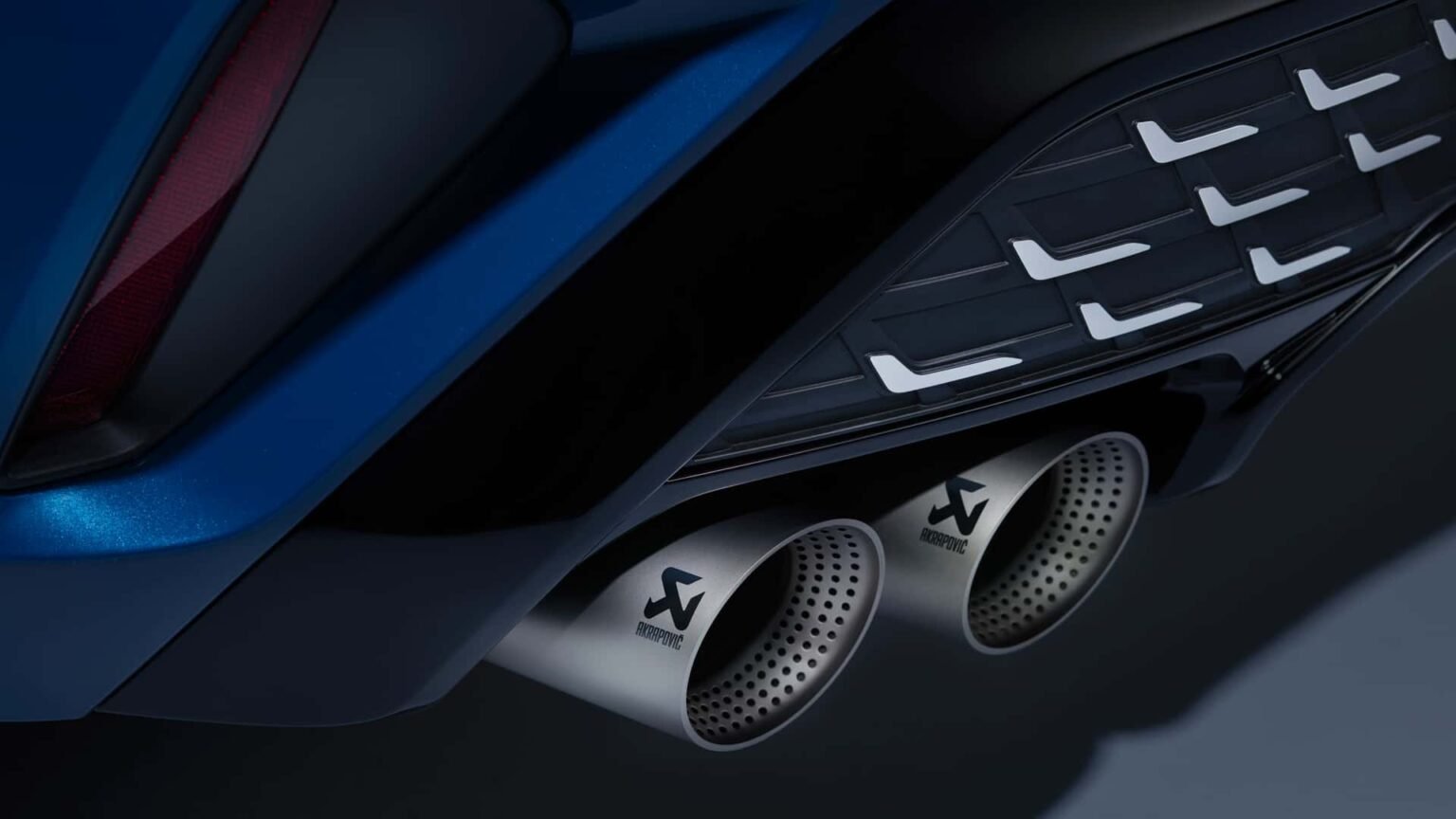Next Monday, June 23, will mark three years since Audi pledged to launch its final gas-powered cars in 2025 and transition to selling only EVs starting in 2026. At the time, the Volkswagen Group’s luxury brand also vowed to end production of combustion engine vehicles by 2033. While it left the door open for ICE to continue in China beyond that date depending on demand, Audi was expected to become an electric-only brand in all other regions. That’s no longer the case.
CEO Gernot Döllner told Autocar magazine that Audi is likely to continue producing gas-powered cars until around 2035 and possibly beyond. He explained that a strong product rollout through 2026 will give the brand the flexibility to continue selling ICE vehicles for at least “another seven, eight, maybe 10 years.” He didn’t rule out extending production past the middle of the next decade, though he emphasized it would depend on customer demand:
“Then we will see how our markets develop. We have already decided to extend the production beyond the communicated end dates of the past.”
The previous announcement was made under the then-CEO Markus Duesmann. Gernot Döllner took over in September 2023. While Audi was forced to discontinue the Q8 E-Tron and close a factory due to poor sales, its other EVs are gaining traction. In the first quarter of the year, Audi delivered 30.1% more fully electric vehicles compared to the same period in 2024.
EV demand rose to 46,371 units, though BMW nearly doubled that with 86,449 electric cars sold in the same period. Still, Audi outpaced Mercedes, which delivered just 40,706 EVs. A new entry-level electric model, expected next year in the A3 segment, should help increase EV adoption thanks to its lower price compared to the Q4 E-Tron.
But combustion engines aren’t going away anytime soon. New models such as the A5, A6, and the Q3, unveiled just yesterday, are likely to remain on the market well into the 2030s. Most of the newcomers will also get hot derivatives with the S and RS badges. It’s still unclear what Audi will do if the European Union upholds its plan to ban new combustion-engine car sales starting in 2035. The company may phase out ICE models entirely or continue producing them for markets not subject to the EU’s draconian regulations.
Photo by: Chris Rosales / Motor1
All European automakers will need to confront this challenge, and they likely won’t wait until the mid-2030s to make a decision. Strategic choices like this require long lead times due to their far-reaching implications. Mercedes, which once considered going EV-only in certain European markets as early as 2030, has also walked back that goal and plans to continue offering ICE vehicles well into the next decade.
Among the three major German luxury brands, only BMW has never committed to a phase-out date for combustion engines. The company has consistently emphasized consumer choice and pointed to the still-lagging charging infrastructure. Audi and Mercedes are full steam ahead with electrification, but now recognize that the transition will take longer than initially anticipated, and are adjusting their strategies accordingly.
Read the full article here


